European Fem Institute
equality • participation • inclusiveness • effectiveness
advocacy activities / watchdog activities / social campaigns / women's mentoring
Advocacy
We bring experts together
The European Fem Institute is a platform for cooperation between European experts who share the view that the foundation of a modern society, state and economy is the democratic rule of law, equality and social solidarity. We bring together a network of people who believe that a good state works in synergy between government - civil society - economy. We believe in a state where no one is left behind, regardless of gender, age, disability, background, sexual orientation, sexual identity or place of residence. We act systemically, participate in the public debate and raise public awareness.
Democracy
Equality pays off!
Equality, respect, solidarity is not only a matter of fairness, it also pays off. Because only an inclusive state, society and economy can be effective and efficient. Equality is a condition for development and for solving the biggest problems of the 21st century. The people of EFI come from all areas of the public sphere. Politics, administration, business, NGOs, but also education, science and culture. They are people with different backgrounds. Our strength is on the one hand our long experience in the struggle for human rights and on the other hand our diversity.
Research report
Cyberviolence against women. The new face of an old problem
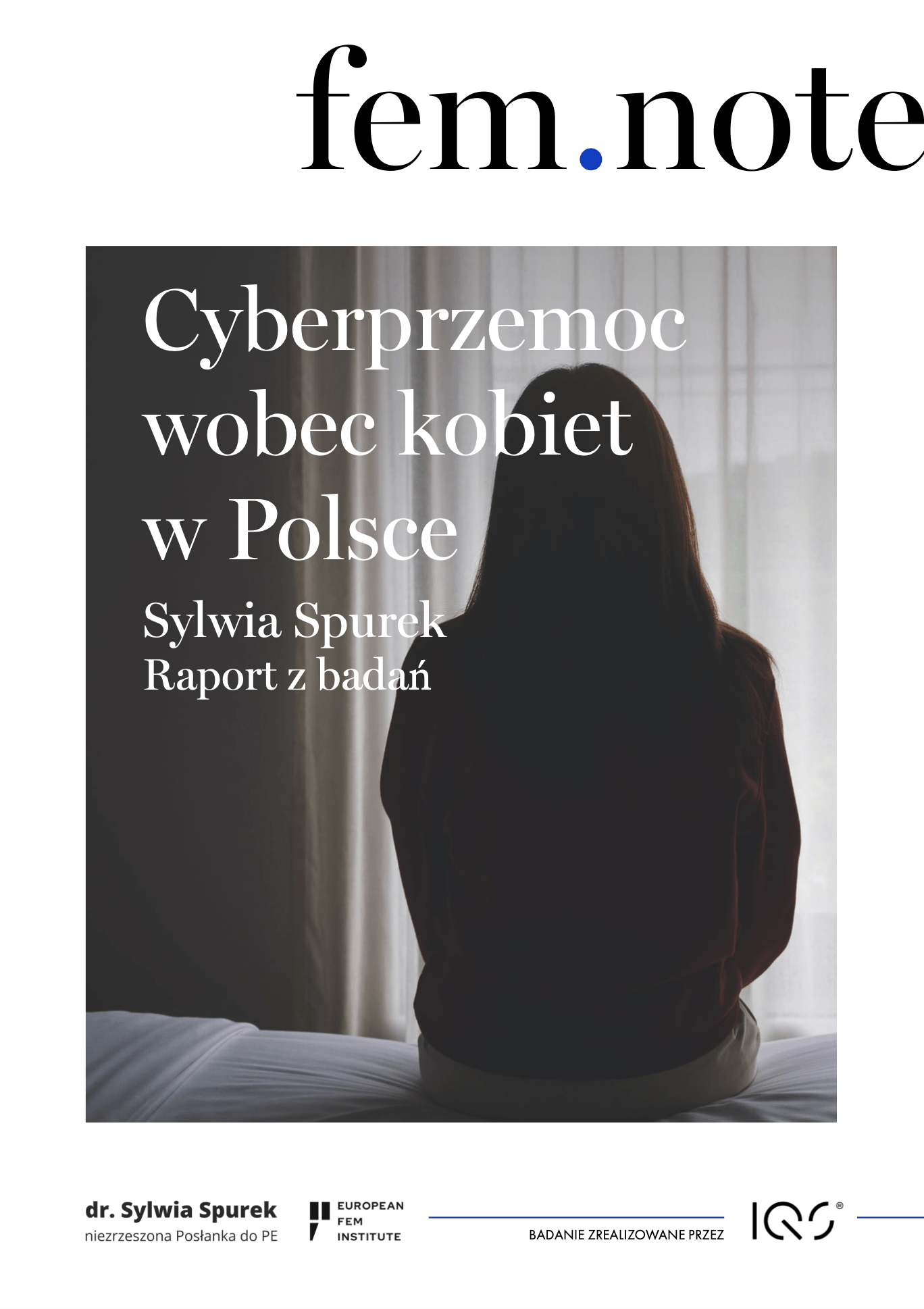
Cyberviolence is the new face of an old problem – gender-based violence. Violence that women experience simply because they are women, occurring everywhere: at home, on the street, and at work. Violence against women is a phenomenon much older than the Internet. As technology evolves, so too do new forms of violence against women. Due to the lack of available research on the experiences of Polish female internet users, we conducted a public opinion survey on cyberviolence against women in Poland. In collaboration with IOS, a research institute experienced in studying key social problems and attitudes, we conducted a quantitative study on a sample of 1,000 women living in Poland. Our study covered areas such as identifying violent behaviors online, indirect and direct experiences of cyberviolence, the consequences of violence, actions taken in response to experiencing or witnessing violence, the attitudes of Internet users, and their expectations.
Meet
Our Team
We involve young women in all our activities. We share our experience and create a space for learning and practical systemic action.
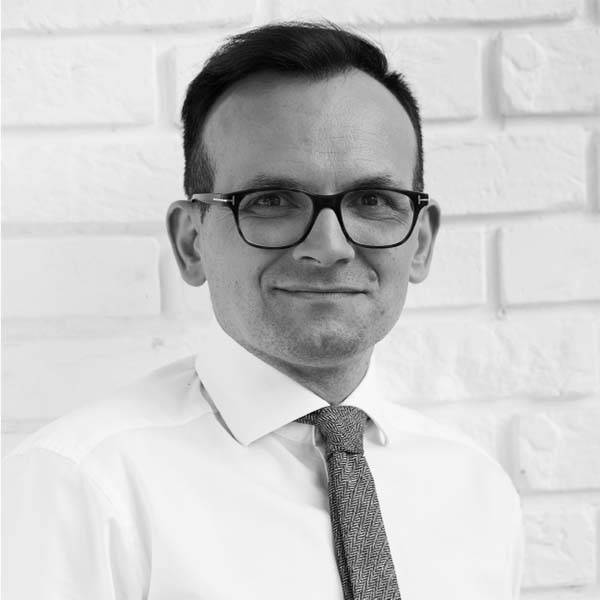
CEO
Ph.D Marcin Anaszewicz
CEO and Programme Director of the Green REV Institute. Strategic Director of the Słupsk City Hall (2014-2019), former CEO of the Institute
of Democratic Thought. Founder and first vice-president of the Spring party. Former spokesperson and deputy director of the Marketing Department of the Polish Post Office.
Member of the Management Board.
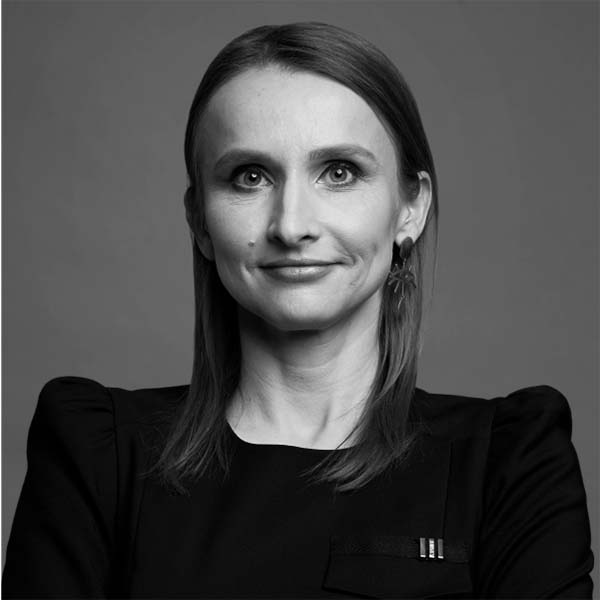
COO
Anna Spurek
COO Green REV Institute, absolwentka Uniwersytetu Ekonomicznego w Krakowie, Szkoły Głównej Handlowej, Democracy & Diversity New School University. Wieloletnia trenerka, wykładowczyni, ekspertka w obszarze działań na rzecz mobilizowania i edukowania dla zmiany. Z III sektorem związana od 2001 r.

Member of the Management Board
Morgan Janowicz
Board member of Green REV Institute, Partnership Coordinator and Coordinator of the Futura Food 4 Climate Coalition. Ambassador of the European Climate Pact on behalf of Green REV Institute. Graduate in Computing and Information Systems, current student in Data Analysis.
Programme I
Our Convention
Our Convention - our main advocacy programme for the EU's ratification of the Council of Europe Convention on preventing and combating violence against women and domestic violence, the inclusion of violence against women in the EU's catalogue of crimes and the adoption of an anti-violence directive. EU citizens deserve a comprehensive legal system that protects them from all forms of violence, including domestic violence and cyberviolence. We want Polish, German, Spanish or Lithuanian women to have the same rights.
Programme II
We stand up for women
We are convinced that without the support of business we will not succeed, that regardless of good laws that form the foundation of a solidarity system, we must look for allies outside of politics. Business can be such an ally. That is why, together with our business partners, we conduct dialogue, research and analysis and look for optimal procedures that, in favour of women victims of violence, can be implemented directly in their companies. If your company is interested in cooperating - contact us.
Programme III
Equality pays off!
Violence against women is not only a social problem, but also an economic one. There is an increase in public spending - social and health care costs, court costs, police costs, prosecution costs. Business suffers losses, as abused women are usually employees whose problems affect the quality of work and the development of companies. EU countries suffer losses of 1% of their GDP as a result of domestic violence. This is why we publicize this aspect of violence against women, conduct research and analysis, and organize social campaigns.
Programme IV
A woman-friendly municipality
Today's governments, due to the severity of 21st century challenges such as climate catastrophe, demographic change or growing social inequalities, do not have the capacity to implement key public policies on their own, including the protection of women from violence. We need a broader implementation of the principle of state subsidiarity in local governments, and greater inclusion of NGOs. That is why we continue to monitor how polish local governments implement their statutory duties, look for good practices, and convince them to introduce local initiatives to combat violence against women.
Programme V
Ukraine in the European Union!
We support Ukraine's rapid accession to the European Union. This is not only a matter of Polish raison d'état and security, but also an opportunity for a quicker transfer of European Union values to the East. We therefore want to promote this idea and support the accession of further candidate countries to the European Union. We want to share our experiences and support its reforms in the field of equal treatment and anti-discrimination policy. We are creating a platform for cooperation between organisations, and experts from Poland and Ukraine.
Programme VI
Girls to Parliament
Any public policy must ultimately take into account the women's perspective, because a democracy without women is half a democracy. That is why it is so important to broaden women's participation in social and political life, in NGOs, as well as in the media and politics. That is why, based on our over 20 years of experience in civic education, we organise study trips for young, active women to the European Parliament. We show them how the political and legal system of the European Union works and encourage them to become part of it.
Board
of Experts
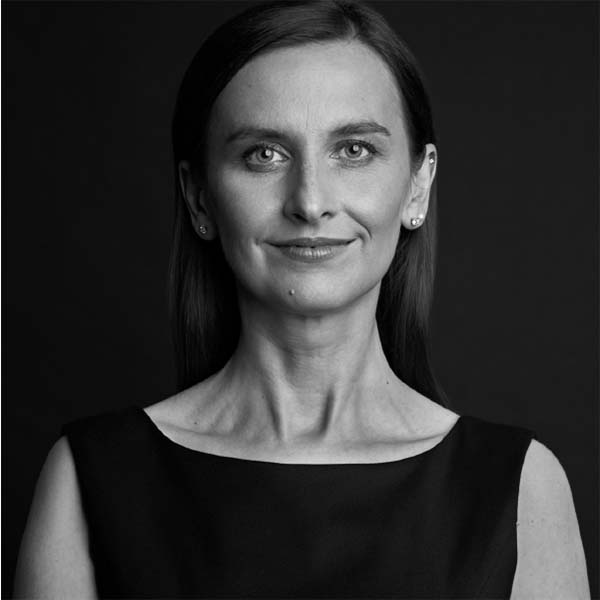
dr. Sylwia Spurek
Doctor of legal sciences, legal counsel, Member of the European Parliament (2019-2024) and Deputy Chairwoman of the FEMM Commission, in the years 2015-2019 Deputy Ombudsperson. Author of the first draft act on preventing domestic violence (2003).

Ph.D Zuzanna Warso
Lawyer, research director at the Open Future Foundation. European Commission expert on research ethics and innovation. She is a member of the Women's Panel of the Supreme Bar Council.
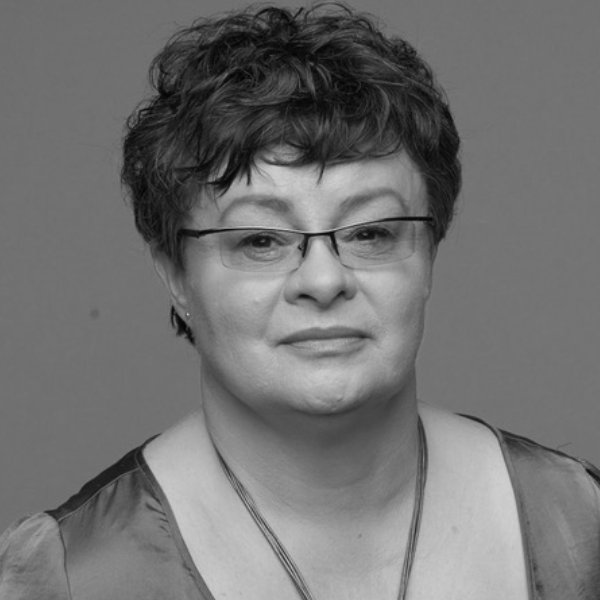
Renata Durda
Former head of the emergency service for victims of family violence "Blue Line", specialist and supervisor in the field of family violence prevention, editor-in-chief of the bimonthly magazine "Blue Line".

Ph.D Dorota Szelewa
PhD in political science from the European University Institute in Florence, lecturer at Dublin City University, author of academic articles in the field of social policy, with a long-standing commitment to being involved in women's issues for years.

Albin Dearing
Former project manager of the European Union Agency For Fundamental Rights, expert in criminal law. He chaired the Austrian Crime Prevention Council and was a legal assistant at the Court of Justice of the EU.

prof. Anna Zawidzka-Łojek
Professor at the University of Warsaw, Doctor of Laws, Head of the Department of European Law at the Faculty of Law and Administration of the University, specialising in EU law, European anti-discrimination law and public international law.
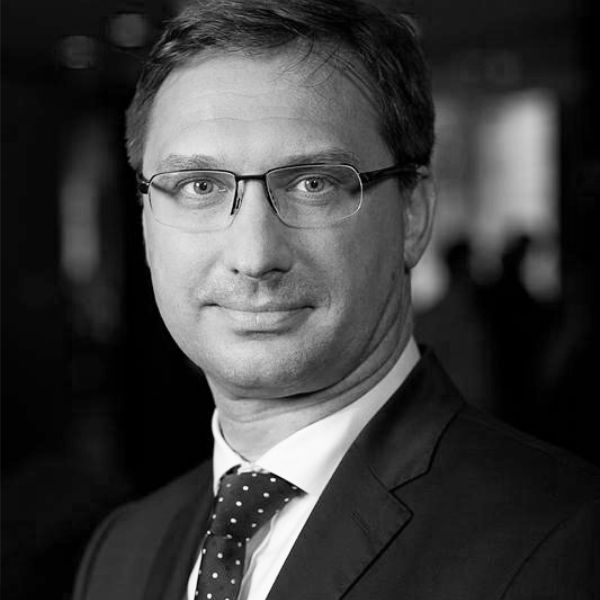
Robert Damski
Laureate of the "White Ribbon" Award in the Justice category. Honorary Member of the "For Our Children" Association, the "Alimony is not a gift" Association and the "KiDs Foundation", member of the "Prof. Zbigniew Hołda Association" and the "Men Against Violence" Association.
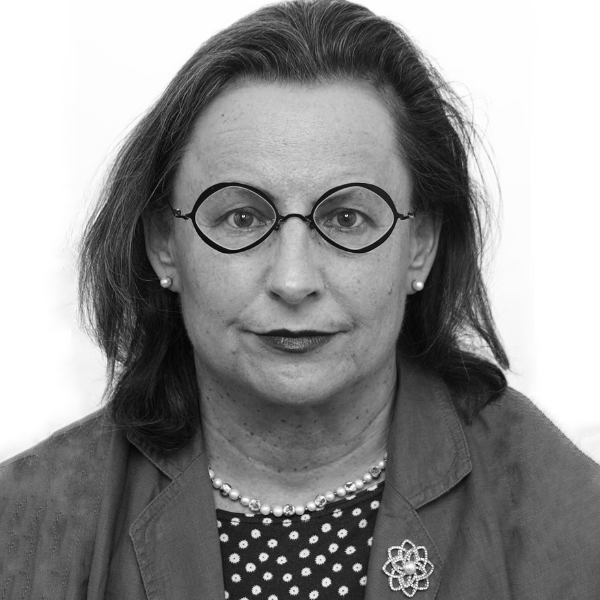
Rosa
Logar
Expert on gender equality and prevention of violence against women, co-founder and Chair of the WAVE Network (Women against Violence Europe); member of the Council of Europe Committee drafting the Istanbul Convention and the GREVIO expert committee monitoring the Convention; co-founder of the Women's International League for Peace and Freedom Austria.

Prof. Iwona Chmura-Rutkowska
Professor at Adam Mickiewicz University in Poznań, PhD in humanities, sociologist and pedagogue. Researcher at the Department of Sociology of Education at the Faculty of Educational Studies at UAM.